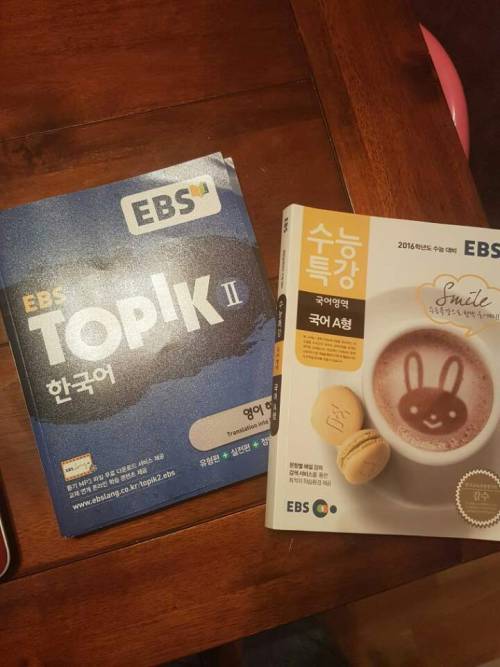#korean intermediate
Please Subscribe for more videos in Korean or English
Thanks to you guys and your support and also my hard work. I have gotten into my university. I am looking forward to studying Korean language in more detail and will start a new blog soon about my university experience learning Korean.
Because I already know a huge amount of Korean I will have to take a Japanese course for my first year of Korean studies. I will be posting Grammar rules and phrases but I will be writing tthe posts in Korean.
If you speak Korean well enough to understand my notes that I will make in Korean feel free to study Japanese along with me!
I am also going back to Korea on 15th December for 2 weeks so i will be posting loads of books and pictures of my time in Korea!
I will be back soon to update you guys on more grammar but until then please wait a little longer.
Easy Korean Intermediate will be having its own offical site (currently being made) and will also be having a youtube channel. It will be an Online Hagwon for Korean language
Going from Beginners to Upper Intermediate (Cause that’s my current level) and also be through TOPIK I and TOPIK II (TOPIK II Videos coming in Summer 2017)
Hello I am excited to announce that PDF lessons will be coming soon for you to download. In the PDF you will be able to have a more detailed explanation of the grammar and it will also include practice questions too~ Stay tuned!
This speaks for itself I really don’t have to explain how to use it because it is quite simple.
ㄱ: 왜 지나치게 공부하고 있는건데? 넌 엄청 이상해~
ㄴ: 난 고대에 가고 싶어서 열심히 공부해야겠다.
ㄱ: 근데 그렇게 공부할 필요가 없잖아!
ㄴ: 내가 이렇게 계속 공부하다 보면 고대학에 들어갈 수 있을거야.
영어 해석
ㄱ: Why are you studying so intensely?
ㄴ: I want to get into Korea universities to I have to study hard.
ㄱ: but you don’t need to study like this!
ㄴ: if I continue to study like this then I will be able to get into Korea University
New vocab
고대학 - Korea university (반말)
지니치게 - Intensely
-강태빈
You would use ㄹ/을까 하다가 to express your plan on doing something then something interrupted you from doing said plan.
You need to also understand that ㄹ/을까 하다 is something you contemplate or think about doing. E.g. I’m thinking of moving to Korea (한국에 이사할까 해요) or I’m thinking of learning another language (다른 언어 배울까 해요)
E.g. sentences
기차를 탈까 하다가 표값을 알고나서 버스를 타기로 했어요
I was planning on taking the train but after finding out/ knowing the price, I decided to take the bus
올해 한국에 갈까 하다가 프랑스에 가기로 했어요
I was planning to go to Korea this year but I decided to go to France.
난 친구랑 식당에 갈까 하다가 그친구가 바빠서 집에 있을거야
I was planning on going out with a friend but that friend is busy so I will stay at home.
How I study for TOPIK II Exam. 한국어능력시험II를 위해 공부하는법
Hello guys so another blog post from me. I would first of all say thank you so much for the support and I will be using this blog for my application for university this year, so please keep supporting me! Thanks you to you guys I will be able to study Korean language at university and go to Korea university.
Anyway, I am currently studying for TOPIK II exam, since I dropped computer science (My school told me to drop it because I study too much, apparently going home at 5pm and studying until 5am isn’t healthy) I decided to take up the TOPIK II exam to prove my language ability to the university. I am currently working with my Korean language tutor who is also my engineering tutor, to get a Level 4 on my TOPIK II exam. I have been studying alot and actually been using my own blog as a form of revision.
In the picture above you see two books. On the left is the book that i got for my birthday from my girlfriend, its a brand new book from EBS and you can only get it in Korea. On the right you have the EBS Korean entrance examination(수능) Korean textbook that i got when i was in Korea. Even though I am not a native fluent speaker, it is still a good way to study Korean. Lets take a look inside.
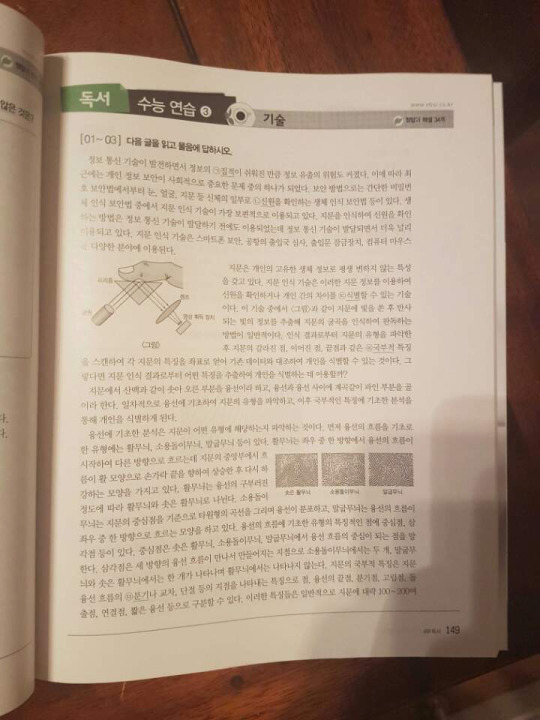
Here we have the 수능 textbook. The textbook asks me to read the paragraph and answer the questions on the back. This paragraph is on technology because it says 기술 in Korean which also means technology (and also a skill). I would read it all once first, then read it again sentence by sentence highlighting words and phrases i don’t know. Since the TOPIK II is from intermediate to fluency, these phrases could come up in the exam!
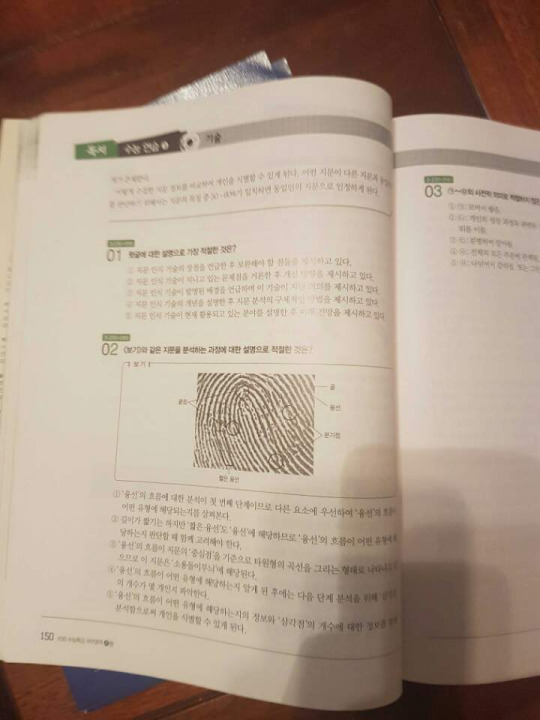
And then i answer the questions. Now i am only working for Level 4 but my teacher said we should always aim higher to be on the safe side, so that is why i am studying the 수능 textbooks. I also study Korean geography!
So after i answer these, I check in the answer book provided and i read the explanations. This requires me to use Naver dictionary app A LOT!
There will be some questions I get right, and some that are wrong, what can i say?I am not fluent yet! :D
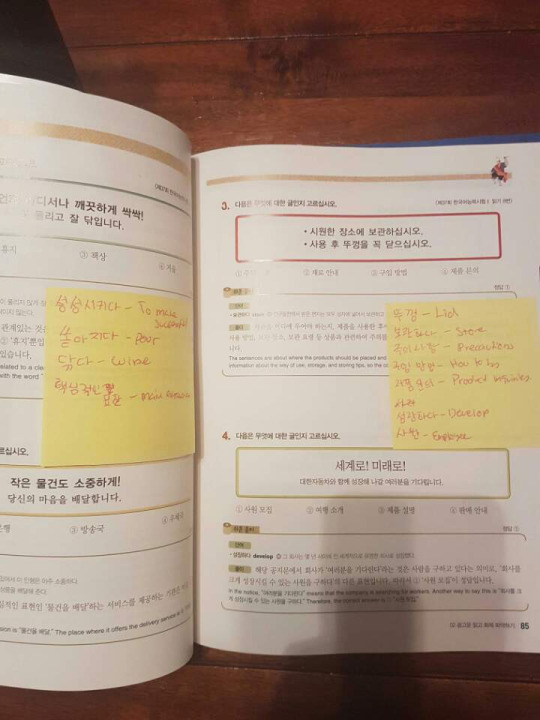
Above is now the TOPIK II Textbook! This has English translation so it is good for any level that are using TOPIK II.
Here it speaks for itself, I just write down the words i don;t know and answer the text questions.
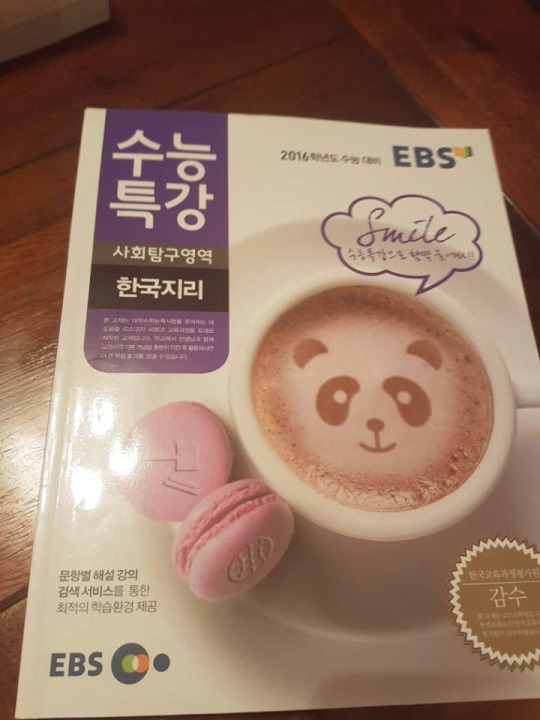
Here is another 수능 textbook i study from, and it is Korean Geography which i mentioned earlier.
This one is quite very difficult to understand. So this one I really have to study the vocab hard! tbh it hurts my head alot. I’m not studying for 수능 I am studying for Topik.

Here is what the questions look like in the book
-강태빈Post link
Time to change the style of the way i try to explain things really.
Instead of giving you English translation of sentences of what they mean in Korean, I want to make sure you understand it yourselves.
Instead of translating I will show you when to use it. These can be meaning in the past tense but I think it is much easier to use it in the future tense, There other ways to use If in the past tense
다 보면 = If you keep, continue. V
톰은 이렇게 한국말을열심히공부하다 보면 미래에는 한국인처럼 유창히 얘기할수 있을것 같아요. In speech ‘을’ can be taken out
I thinkif tom continues study Korean hard like this, In the future he will be able to talk Korean fluently like native Korean person.
In this case
Speaker: If tom does continues something, In the future he can do this.
That is as simple as I can get it
Quoting in Korean is easy,really it is
Method with using 다니
A: ‘내가 한국에 돌아갈거야’
B: 니가 한국에 돌아가다니 엄청 슬퍼.
A: 어젯밤에는 소희가 잘모르는 남자랑 모텔에 갔어
B: 소희가 잘모르는 남자랑 모텔로 갔다니 궁금해.
‘What person A said’다니 Your response.
This is how it is said. But i have seen more use of 라고 그랬다. and 라고 / 한다고 말했다. But this will be in another point.
Okay last grammar for today is going to be V기만하면 which means ‘as long as you/she/he/i do something )
There is really no need for explanation as the title explains itself
Iam going to be using ‘뭐뭐뭐’ which is meaning Blah Blah Blah.
난 한국어를 열심히 공부하기만 하면 뭐뭐뭐뭐 // As long as I study Korean hard Blah Blah BLah.
넌 미안한다고 말하기만 하면 뭐뭐뭐뭐 // As long as you say sorry to me blah blah lah
and with no 하다 verbs like 가다
you can say
슈퍼마켓으로 가기만 하면 뭐뭐뭐뭐뭐 // As long as I go to the super market Blah Blah Blah

